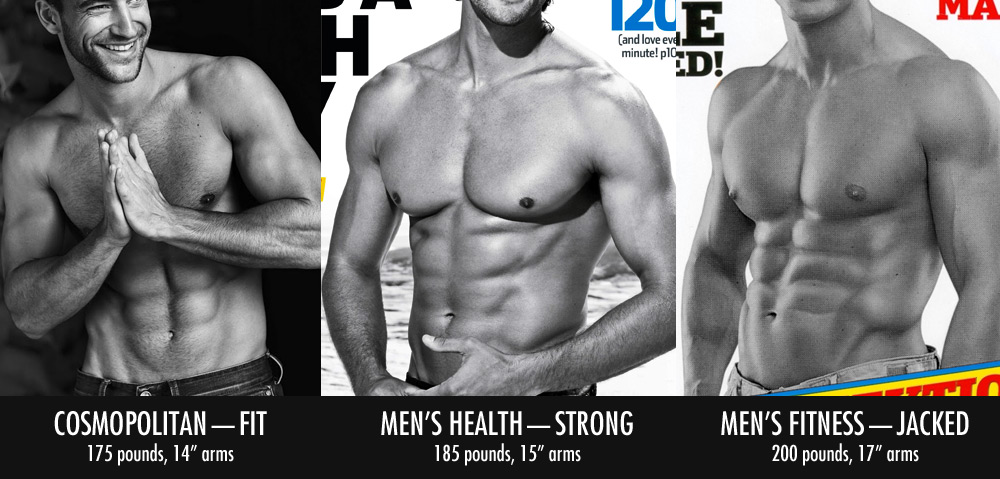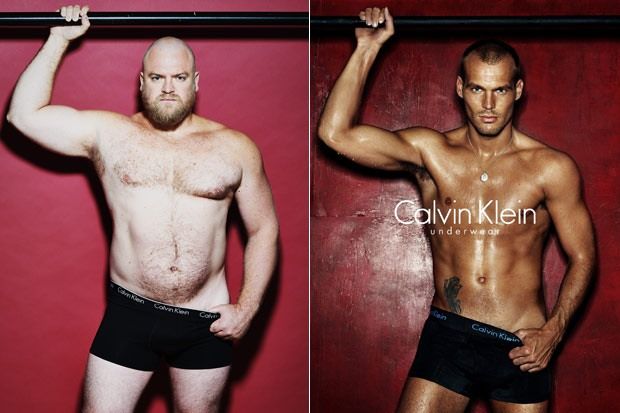Body shaming. “You’re not pretty enough, thin enough, nor are you good enough.”
These are all things females often hear or say about their bodies. They constantly encounter body shaming, whether it is from social media or their daily social interactions.
But what we don’t think about is that men encounter body shaming as well and it has become a big problem in today’s society. Especially throughout college where the standards are insanely high.

Photo courtesy of Exposure.com
For as long as most of us can remember, being masculine meant having big muscles, eating lots of meat, and never showing fault in a hard demeanor. The real problem with male body shaming is the idea that men aren’t really men if they don’t do these things.
Men see themselves as weak compared to the men they see on social media, which can lead to body dysmorphia and mental health issues. Research from the National Eating Disorders Association estimates that as many as 43% of men are dissatisfied with their bodies, citing the “muscularity of ideal male body representations” in media as the driving force behind the trend.

Photo courtesy of Bony to Beastly.com
I am sure many of you see the weightlifters on social media, with their bulging muscles, who give unrealistic ideals for men. The thing is, these men dedicate every day to eating a certain way and working out, which is not something the average man can do when they have a job, a family, or day-to-day tasks.
The newest joke about male figures is the dad bod. Dad bods poke fun at the idea that when men start to age and build families, they lose their “masculine” bodies.
Men, as do women, have to deal with wondering if they are living up to these societal standards. Instead, both men and women should love themselves for who they are. In fact, Fox Magazine did a research that ended with women saying “we want real men, as opposed to cardboard cutouts or Photoshopped abs with great lighting.”

Photo courtesy of WomenYouShouldKnow.net
You don’t need validation to be you, when all that is important is that you feel comfortable in your own skin. As a man, accepting your arms, quads, and abs are not as important as accepting your internal qualities and fueling your body with what is good for you. The size of your biceps don’t define you, and neither should others.


